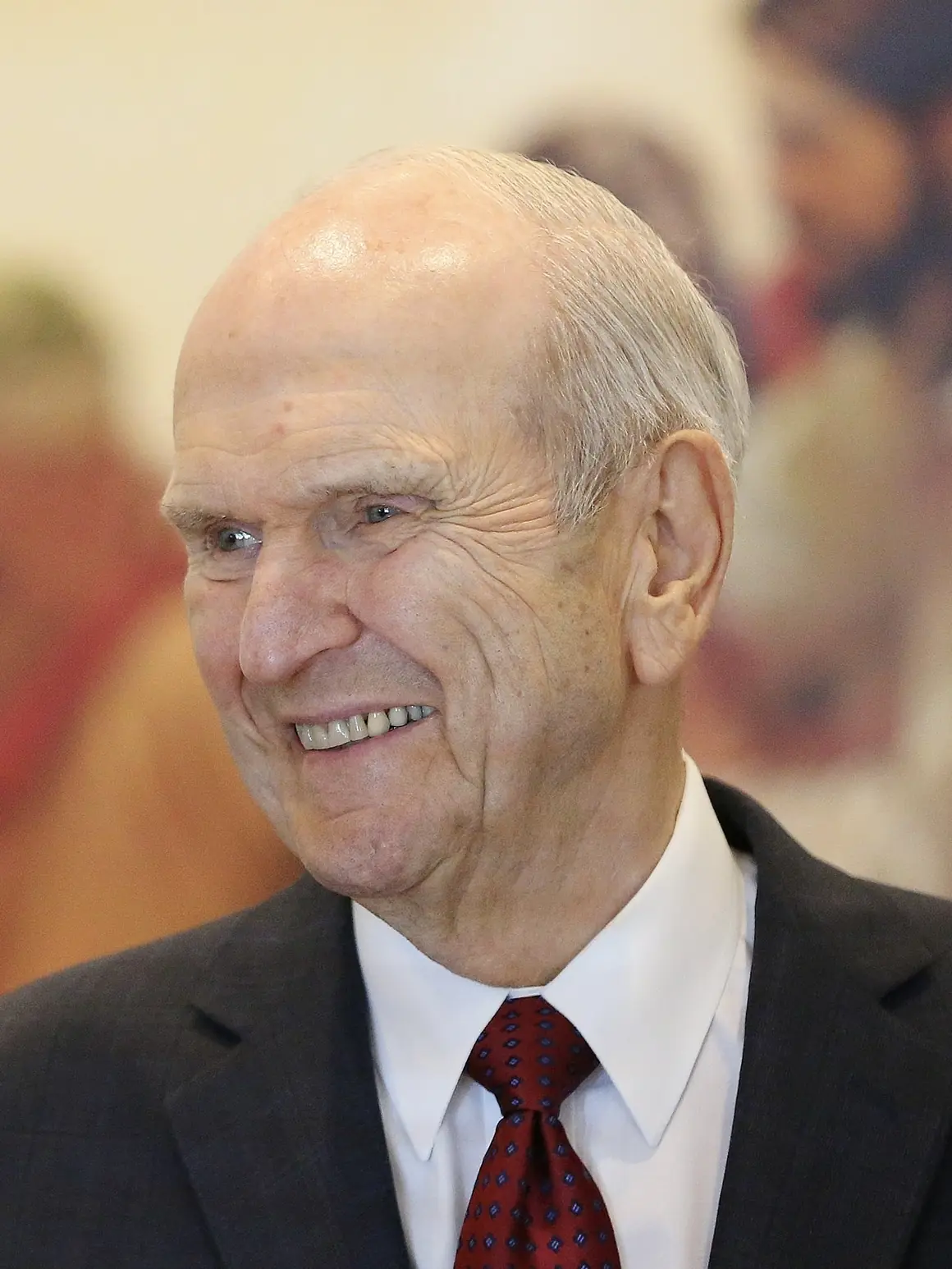Photo: President Russell M. Nelson of The Church of Jesus Christ of Latter-day Saints in Concepcion, Chile, in 2018; via Wikipedia.
Russell M. Nelson, president of The Church of Jesus Christ of Latter-day Saints and the oldest leader in the church’s history, died Saturday in Salt Lake City at age 101, several media outlets reported, including Newsweek. A pioneering heart surgeon who became church president in 2018, Nelson’s tenure mixed rapid institutional change with intensifying questions about how the church addresses reports of sexual abuse.
As president, Nelson oversaw policy shifts that his supporters viewed as modernizing steps. He reversed a policy that had barred the baptism of children of same-sex couples and cultivated a high-profile relationship with the NAACP, even as core doctrine on marriage did not change. The church’s newsroom and major outlets noted his global ministry, accelerated temple construction, and emphasis on using the church’s full name.
At the same time, Nelson’s presidency coincided with mounting scrutiny of the church’s abuse-response system. A 2022 Associated Press investigation detailed a confidential helpline for bishops that, according to the report, could function in ways that kept allegations from law enforcement, drawing national attention to cases where abuse persisted for years. The AP’s follow-up outlined how mandatory-reporting laws intersect with clergy guidance. Church leaders have said the helpline is intended to help local leaders comply with the law and support victims.
Independent researchers and survivor-advocacy projects have also cataloged allegations. Floodlit.org, which maintains a searchable database of publicly reported cases tied to LDS settings, lists more than 4,300 accused individuals or incidents as of late September 2025, including dozens of former bishops and other leaders. While not an official tally and not adjudications of guilt, the figures illustrate the scope of allegations surfacing in courts and media reports.
Nelson’s era likewise overlapped with the Boy Scouts of America bankruptcy, where the BSA created a multi-billion-dollar survivor trust. The LDS Church, historically the BSA’s largest chartering partner, agreed to contribute $250 million to resolve scouting-related sexual abuse claims involving the church. A Delaware bankruptcy judge rejected parts of an earlier proposal that would have overly shielded the church from certain non-scouting abuse claims, though subsequent rulings allowed the BSA plan to move forward and the overall settlement to stand. The BSA “perversion files” or Ineligible Volunteer files, long scrutinized by researchers, provided historical context for systemic abuse in scouting.
Supporters remember Nelson for pastoral outreach, global travel, and calls to charity and unity; critics argue the church has more to do to ensure transparency, survivor-centered reporting, and accountability at every level. With his passing, debates over future reforms to safeguarding, reporting practices, and cooperation with law enforcement are likely to continue under new leadership.
What this means for survivors
For many survivors of abuse connected to LDS settings, Nelson’s passing does not immediately change legal options. Civil claims generally turn on state law, evidence, and the conduct of local leaders and institutions. However, ongoing public scrutiny, databases that centralize allegations, and court-supervised settlements in related institutions can influence policy change and the availability of records over time. If you are considering action, timelines such as statute-of-limitations windows and settlement claim deadlines are critical.
SurvivorsRights.com may help connect survivors of LDS Church sexual abuse with an attorney who specializes in these types of cases, in the state where the abuse occurred. You can learn more by visiting our LDS Sexual Abuse Lawsuit Guide. You may also expedite your free case review by filling out the confidential, secure form below.




